
each与every都有“每个”的意思,但二者含义及语法功能不同,主要区别是:
Each student has his own dictionary. (形容词,定语)
Each has hi s good point. (代词,主语)
Our head teacher had a talk with each of us. (代词,宾语)
The students each have a desk. (代词,同位语)
2. each与every都可用作形容词,在句中作定语,但each更强调个人或个别,every更强调全体或全部。比较:
I know each number of your family.
I know every number of your family.
3. each指两个或两个以上的人或事物中的“每个”;every是指许多人或事物的“全体”,与all的意思相近。试译:
这条街上每边都有很多商店。
[误]There are many shops on every side of the street.
[正]There a re many shops on each side of the street.
我给她父母每人 一件礼物。
[误]I gave a present to every one of her parents.
[正]I gave a present to each of her parents.
4. 指上下文提到过的确定数目中的“每一个”时,要用each;如果上下文没有提及时,不能用each,要用everyone等。试译:
我认为这三个答案个个都正确。
[误]I think every answer of the three is right.
[正]I think each of the three answers is right.
我看见人人都忙着工作。
[误]I saw each was busy with his work.
[正]I saw everyone was busy with his work.
相关推荐
1. 表示到如此之距离,可视为far的加强说明,此时可根据情况选用时态。如: My feet are very sore from walking so far. 走了这么远的路,我的脚非常痛。 My mother lives so far away that we…[阅读全文]
从含义上看,两者是一组反义词,但它们在用法却极为相似: 1. 两者均可用于句首引出某人或某事物,此时若主语是名词,则倒装(即主语放在谓语动词之后)。如: Look, here comes the teacher! 瞧…[阅读全文]










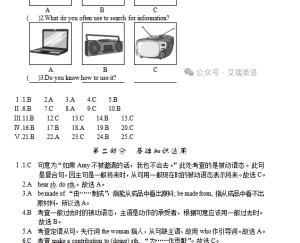
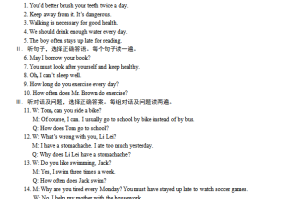


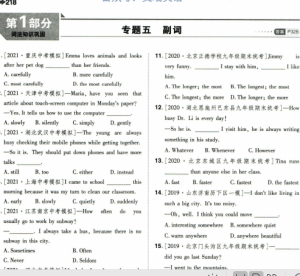
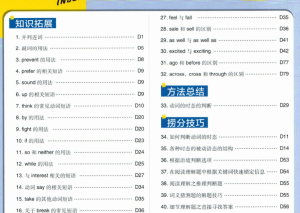
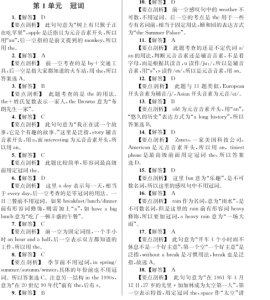
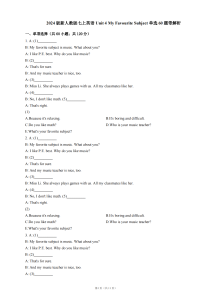



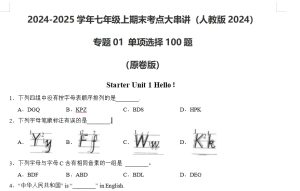
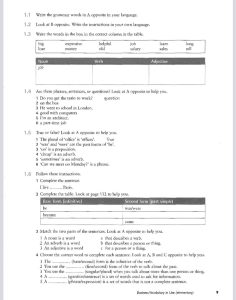


暂无评论内容